
Jesus Trumps Biblicism: A Tale of Sticks and Stones
Brian Zahnd
This morning I was reading Scripture. From the Old Testament I was reading Numbers and in the New Testament I was reading John. In Numbers chapter 15 we find this story…
An Israelite guy was gathering sticks on the Sabbath. This was forbidden. The guy got caught and was taken into custody. Moses inquired of Yahweh what should be done. Yahweh told Moses that the guy had to be killed. So the stick-gathering Sabbath-breaker was taken outside the camp and stoned to death by the congregation of Israel. Sticks and stones. (Number 15:32–36)
Next I read from the Gospel of John chapter 5. This is what happens…
Jesus meets a guy who has been paralyzed for 38 years. Jesus tells the guy to take up his bed and walk. The man is healed, takes up his bed, and heads for home. But this was the Sabbath. And the guy gets busted for breaking the Sabbath. When the Judean Torah enthusiasts find out that it was Jesus who was behind all this Sabbath breaking, they are prepared to kill Jesus. (Like Moses did in the Bible.) John concludes the story like this…
“This is why the Judeans were persecuting Jesus, because he was doing these things on the Sabbath. But Jesus answered them, ‘My Father is working until now, and I am working.’ This is why the Judeans were seeking all the more to kill him, because not only was he breaking the Sabbath, but he was even calling God his own Father, making himself equal with God.” (John 5:16–18)
Look at what we have here. In Numbers a guy gets caught picking up sticks on a Saturday and is stoned to death. The text tells us that Yahweh instructed Moses to do this. This is the Moses who spoke to God face to face. (Exodus 33:11)
But in the prologue to his gospel John says this…
“The Torah was given by Moses. Grace and truth came through Jesus Christ. No one has ever seen God. The only begotten God who is near the Father’s heart, he has made him known.” (John 1:17–18)
Read more
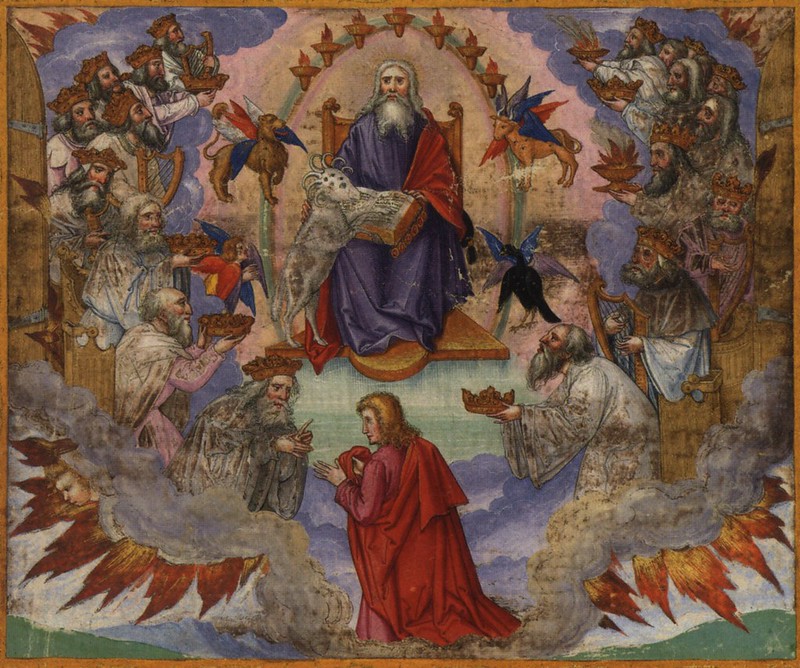
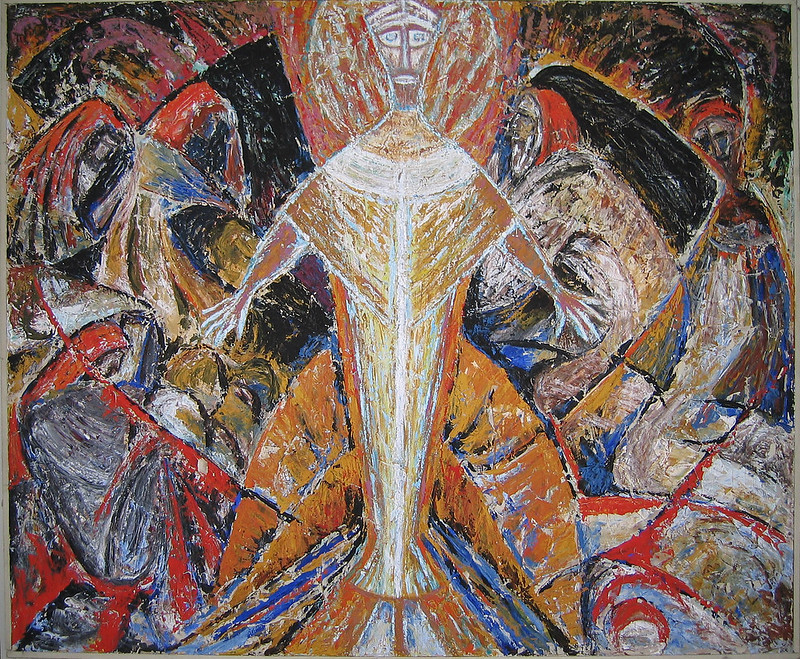

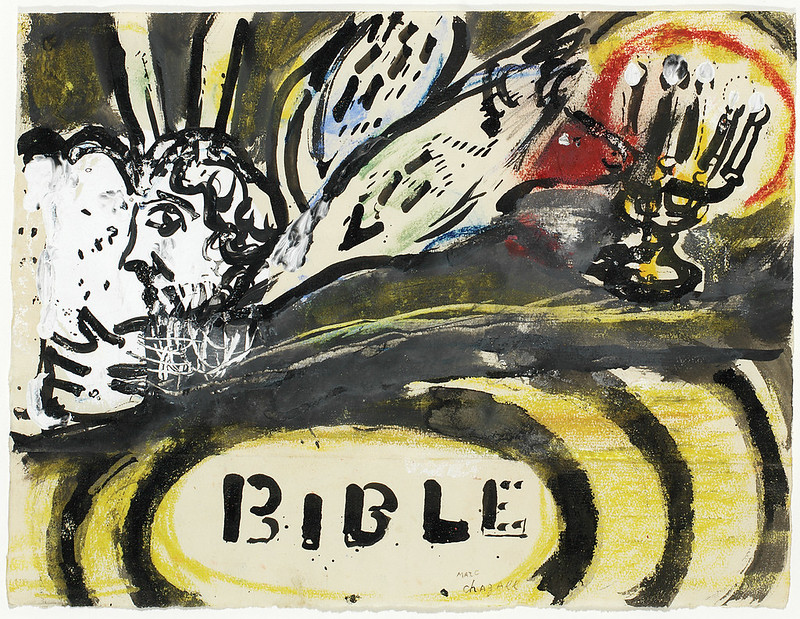
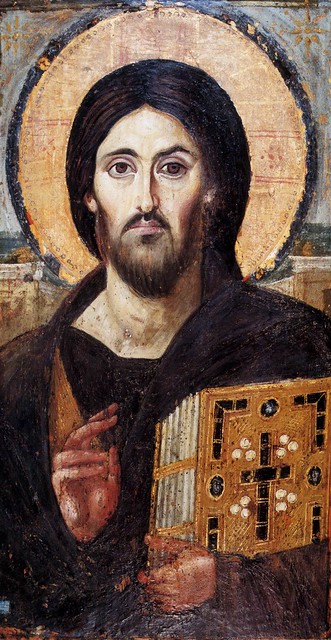

 Walter Brueggemann is an Old Testament scholar who has spent so much time studying the Old Testament prophets that he seems to have turned into one. He scares me. He’s the Steven King of the authors I read. I remember reading The Prophetic Imagination on a flight from India and writing in the margin, “I wish I hadn’t read this…but I have and I am now responsible.” Walter Brueggemann scares because I think he’s right—that our society is far more distorted than we have supposed. But in this time of economic catastrophe, when Bel bows, Nebo stoops and the false gods of Babylon are shown to be incapable of providing the peace and security they promise, we may be open to a critique of our idols that could lead us to the truly radical alternative of hope in the living God. My prophetic declaration concerning 2009 has been that it is a year of falling idols and rising hope. May it come to pass. So without commentary, other than to say I agree with this prophetic perspective, I offer to you my adaptation and modification of Walter Brueggemann’s 19 Theses..
Walter Brueggemann is an Old Testament scholar who has spent so much time studying the Old Testament prophets that he seems to have turned into one. He scares me. He’s the Steven King of the authors I read. I remember reading The Prophetic Imagination on a flight from India and writing in the margin, “I wish I hadn’t read this…but I have and I am now responsible.” Walter Brueggemann scares because I think he’s right—that our society is far more distorted than we have supposed. But in this time of economic catastrophe, when Bel bows, Nebo stoops and the false gods of Babylon are shown to be incapable of providing the peace and security they promise, we may be open to a critique of our idols that could lead us to the truly radical alternative of hope in the living God. My prophetic declaration concerning 2009 has been that it is a year of falling idols and rising hope. May it come to pass. So without commentary, other than to say I agree with this prophetic perspective, I offer to you my adaptation and modification of Walter Brueggemann’s 19 Theses.. 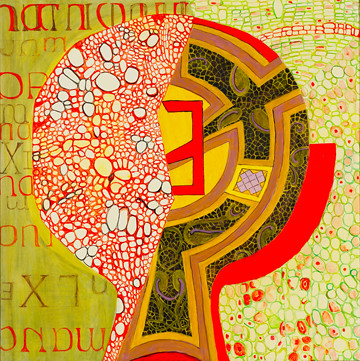 Credo.
Credo.